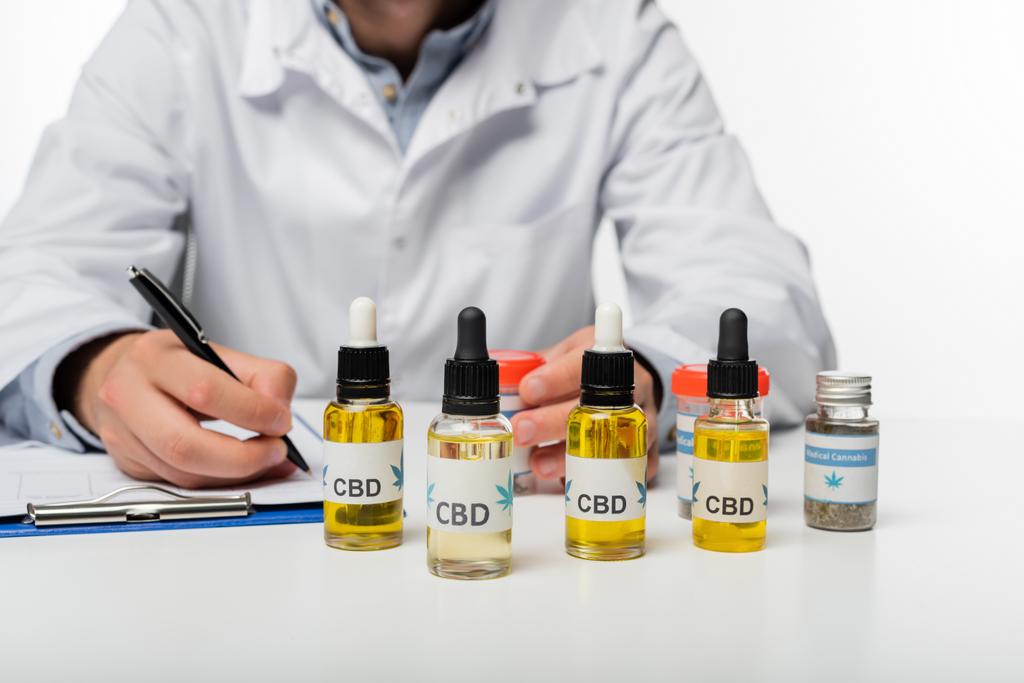A new study suggests cannabidiol (CBD) could be a game-changer in fighting gum disease, showing significant antibacterial and antibiofilm effects against harmful oral bacteria.

Researchers from Brazil’s Federal University of São João del Rei and Universidade Federal de Uberlândia found CBD to be both effective and non-toxic, highlighting its potential as a therapeutic option for periodontal health.
In the study, researchers explored the potential of CBD as an antimicrobial agent to combat bacteria associated with periodontitis. Their findings, being published in the Journal of Applied Microbiology and published online ahead of print by the U.S. National Library of Medicine, suggest that CBD may serve as a therapeutic option for oral diseases while exhibiting minimal toxicity.
Periodontitis, a serious gum infection, is complicated by bacterial resistance and risks associated with systemic infections. To address these challenges, the study examined CBD’s antibacterial and antibiofilm effects against key periodontopathogens, including Actinomyces naeslundii, Peptostreptococcus anaerobius, and Fusobacterium nucleatum. Using methods such as Minimum Inhibitory Concentration (MIC) and Minimum Bactericidal Concentration (MBC), the researchers found that CBD effectively inhibited bacterial growth and biofilm formation at concentrations ranging from 0.39 to 3.12 μg/ml. Additionally, toxicity tests using Caenorhabditis elegans indicated no adverse effects below 375 μg/ml.
“The results suggest that CBD is a non-toxic product with antibacterial and antibiofilm potential, exhibiting promise as a therapeutic alternative for oral diseases”, concludes the study.







